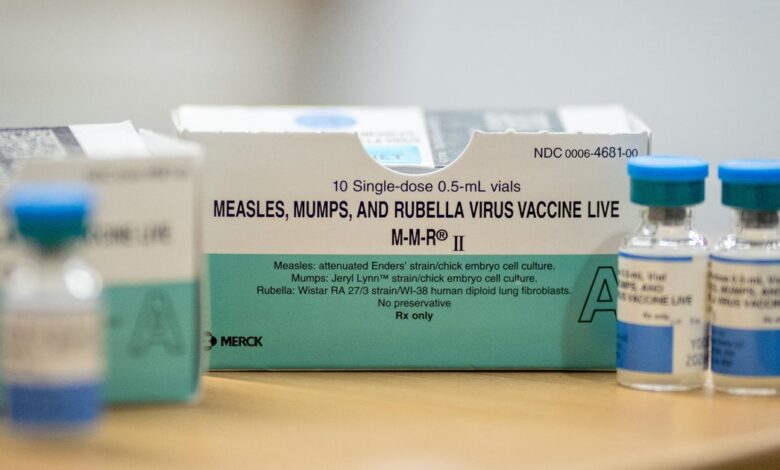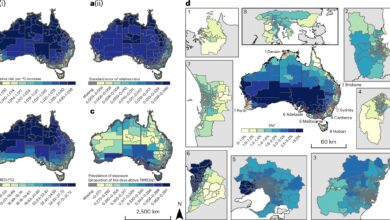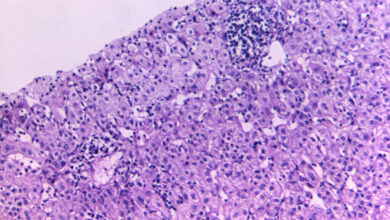Extra measles vaccine shot recommended for some travelers to Texas, other areas with outbreaks, CDC says

The Centers for Disease Control and Prevention (CDC) is now recommending an additional measles vaccine shot for some travelers within the United States, as a response to the record outbreaks of the highly contagious virus this year. This updated guidance was shared with health departments on April 8, urging visitors to areas affected by measles outbreaks in the United States to follow enhanced vaccination recommendations issued by local authorities.
While most adults do not require an extra dose of the measles, mumps, and rubella (MMR) vaccine, the CDC advises that individuals traveling to or residing in areas with ongoing community-wide measles transmission should reconsider their vaccination status. This means that adult and teen travelers to certain counties in Texas and Kansas, where updated recommendations have been issued, should receive a second dose if they have not already had two doses, or receive two doses if they are unvaccinated. Infants are advised to receive an early first dose before the age of 12 months, followed by two more doses, while children over 12 months old should receive an early second dose if they have already had one, or two doses if they are unvaccinated.
Previously, the CDC had stated that one dose of the measles vaccine or evidence of immunity was sufficient for most adults. However, the agency has long recommended two doses for individuals preparing for international travel. Children over 12 months old, teenagers, and adults without evidence of immunity should receive two doses, while infants should receive an early first dose.
Local outbreaks of measles have been reported to the CDC from states such as New Jersey, Georgia, Ohio, Indiana, and Colorado. With over 600 measles cases reported across at least 21 states so far this year, the CDC is taking proactive measures to combat the spread of the virus. Tragically, two unvaccinated children in Texas and an unvaccinated adult in New Mexico have succumbed to the disease.
The CDC emphasizes that health departments may share the updated guidance with healthcare providers in their state, and the decision to offer an early dose of vaccine to young children should be made carefully, taking into account the potential risks and benefits. The agency also clarified that there are no recommendations for a third dose of the MMR vaccine during measles outbreaks.
Individuals planning travel to areas affected by measles outbreaks should follow the recommendations issued by local health authorities, which are available on the CDC’s website. Currently, only Texas and Kansas have issued updated outbreak recommendations, detailing vaccination guidelines by age for residents in affected counties. These recommendations include second doses for adults and teens with only one prior dose, and immediate vaccination for the unvaccinated, followed by a second dose at least 28 days later.
In conclusion, the CDC’s updated guidance underscores the importance of vaccination in combating the spread of measles, particularly in areas experiencing outbreaks. By following the recommended vaccination protocols, individuals can protect themselves and their communities from this preventable disease.





